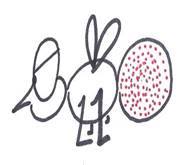
Team
SYMBIOVEC AND LAUNTENABIO PRINCIPAL INVESTIGATOR

Prof. Irene Ricci
Associate Professor of Parasitology
School of Biosciences and Veterinary Medicine (SBVM)
University of Camericno (UNICAM), Italy
ROLE IN THE RESEARCH: Coordination of the SymbioVec project
SYMBIOVEC PhD Students

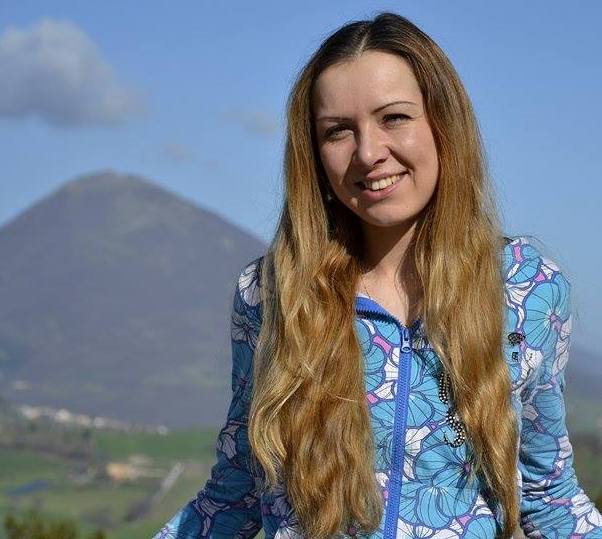
Jovana Bozic - Agricoltural Engineer from Banja Luka, Bosnia-Herzegovina.
MS in Plant Protection and Integrated Pest Management (Centre International de Hautes Etudes Agronomiques Méditerranéennes) Bari, Italy, 2011.
PhD course in Environmental Sciences and Public Health at SAS, UNICAM
Topic: Study of fungal symbiosis in vector mosquitoes and evaluation of its potential impact in the control of vector borne diseases - It is well accepted that the symbiotic relationships insects have established with several microorganisms have had a key role in their evolutionary success. ‘Symbiotic control’, a new multifaceted approach that uses symbiotic microorganisms to control insect pests or reduce vector competence, seems particularly promising. One approach is the manipulation of symbionts that can express anti-pathogen molecules within the host (pratransgenesis).
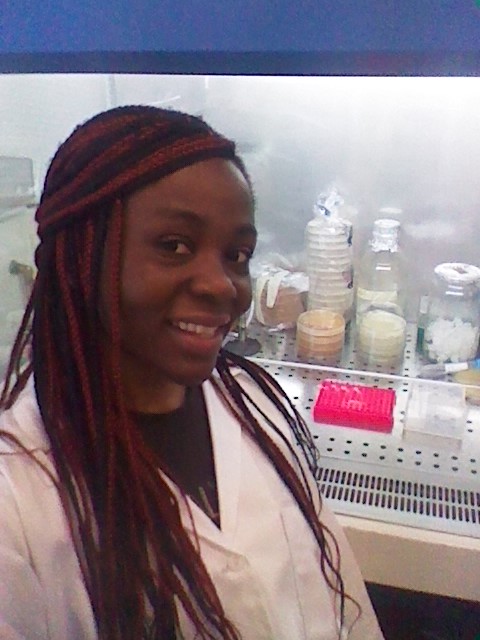
Priscilla Mensah - Molecular Biologist from Sekondi, Ghana.
MS in Biological Sciences (Molecular Diagnostic and Biotechnology), Camerino, Italy, 2014.
PhD course in Life and Health Sciences - Molecular and Cellular Biotechnology, SAS, UNICAM
Topic: Characterization of microbial symbiosis in vector mosquitoes and evaluation of its potential impact in the control of mosquito borne disease- Microbial symbiosis in mosquitoes holds promise for development of Symbiotic Control for mosquito borne diseases. Possible SC strategies propose the disruption of microbial symbionts required by insect pests or the introduction of exogenous microbes that affect life-span and vector capacity of the hosts in insect populations. Particularly critical is the evaluation of SC impact in the field, thus it is essential to performed semi-field and pilot filed studies to move from bench to reality.
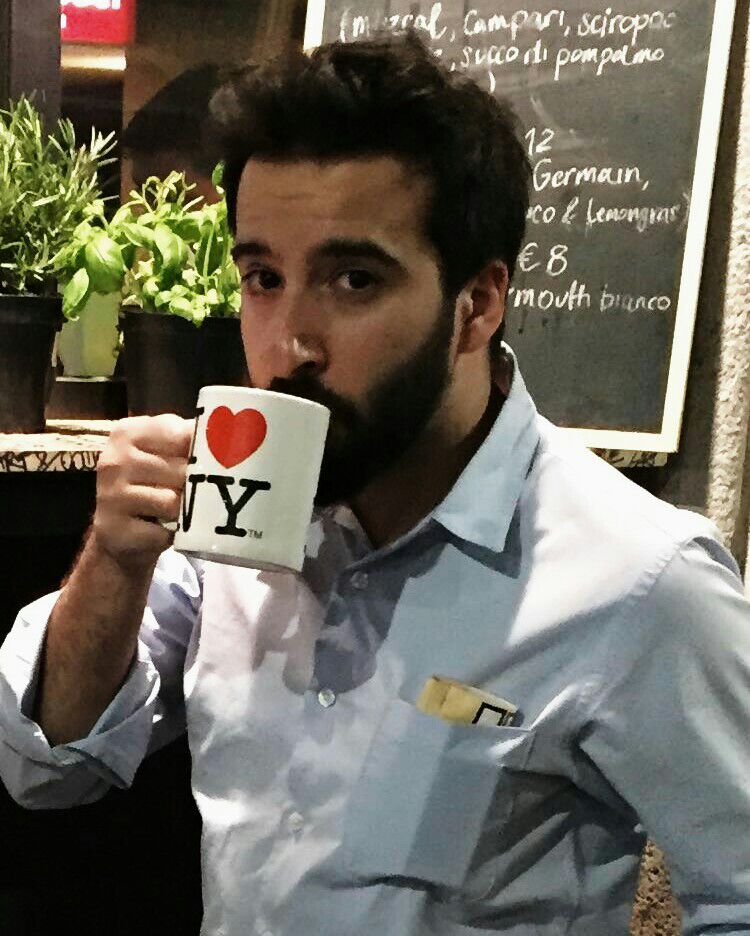
Leone De Marco - Bioinformatician from Milano, Italy.
MS in Bioinformatics, University of Bologna, Italy, 2014
PhD course in Life and Health Sciences - Molecular and Cellular Biotechnology, SAS, UNICAM
Topic: Bioinformatics approach to explore microbial symbiosis in the control of mosquito borne diseases (MBD). The objectives of this research topic are the managing of molecular methods applicable for studying microbial communities, such as the recent metagenomic resources and, the NGS and bioinformatics tools concerned with microbial phylogenetic diversity. The aims of the potential upcoming information are the development of molecular methods applicable for in field application of innovative symbiotic control strategies of MBD.
SYMBIOVEC Postdocs

Dr. Alessia Cappelli (SYMBIOVEC AND LAUTENABIO RESEARCHER)
PhD in Environmental Science and Public Health – Develoment of biotechnology for Environmental Sciences and Public Health, University of Camerino, Italy, 2009
ROLE IN THE RESEARCH:
Molecular characterization of W. anomalus genes potentially involved in the antimicrobial activity.

Dr. Valentina Cecarini
PhD in Ageing and Nutrition, University of Camerino, Italy, 2010
ROLE IN THE RESEARCH:
Purification and characterization of antimicrobial toxins from the yeast W. anomalus and their possible applications in the biological control of mosquito borne diseases

Dr. Aida Capone
PhD in Environmental Science and Public Health- Programme on Malaria and Human Development, University of Camerino, Italy, 2012.
ROLE IN THE RESEARCH:
Characterization of yeast-parasite interactions in the mosquito vectors.

Dr. Matteo Valzano
PhD in Environmental Science and Public Health-Programme on Malaria and Human Development, University of Camerino, Italy, 2013.
ROLE IN THE RESEARCH:
Study of the anti-parasitic activity of yeast toxins in the malaria murine model.
SYMBIOVEC Assistant Researchers

Dr. Paolo Rossi (SYMBIOVEC AND LAUTENABIO RESEARCHER)
expert in the malaria murine model and involved in the management of the stabulary and insectary.

Dr. Dario Pediconi
expert in yeast genetic manipulation and microbiology.
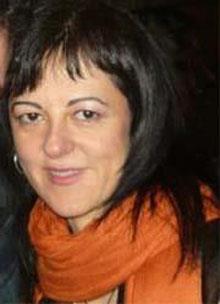
Patrizia Scuppa
expert in dissection of mosquito' organs at microscope.
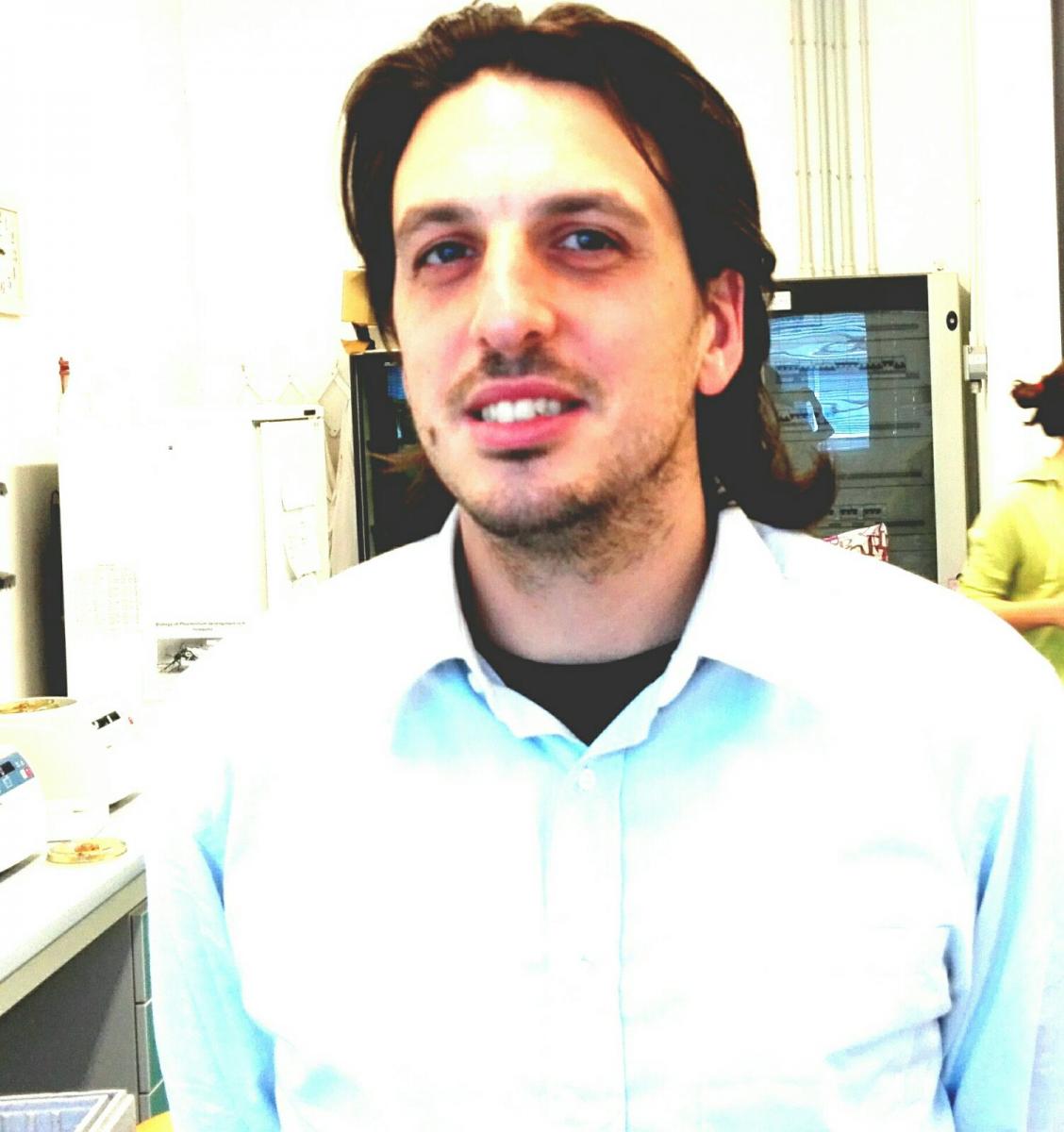
Marco Paniccià
involved in the management of insectary and stabulary.
Many students of the School pf Bioscences & Veterinary Medicine have been involved in experimental activities of the SymbioVec project during their stages, under the supervision of the PI and a team member*:
E. Polimanti and C. Lucchetti (A. Cappelli*), C. Santinelli and L. Weiki (M. Valzano*), G. Jinghui (A. Capone*), R. Valentini (M. Valzano*), L. Shuang (A. Capone*), S. Jiang (V. Cecarini*), F. Frank (V. Cecarini*), F. Lattanzi (A. Capone*), E. Pelliccioni (M. Valzano*), A. Bellucci (A. Capone*), X. Guo (MV. Mancini*), E. Buratti (A. Cappelli*), R. Marcoccia (A. Cappelli*).....
Apart from people enrolled to the SymbioVec project, my team can benefit from the presence at Host Institution of the Molecular Parasitology group leaded from Guido Favia, Full Professor of Parasitology at SBVM.
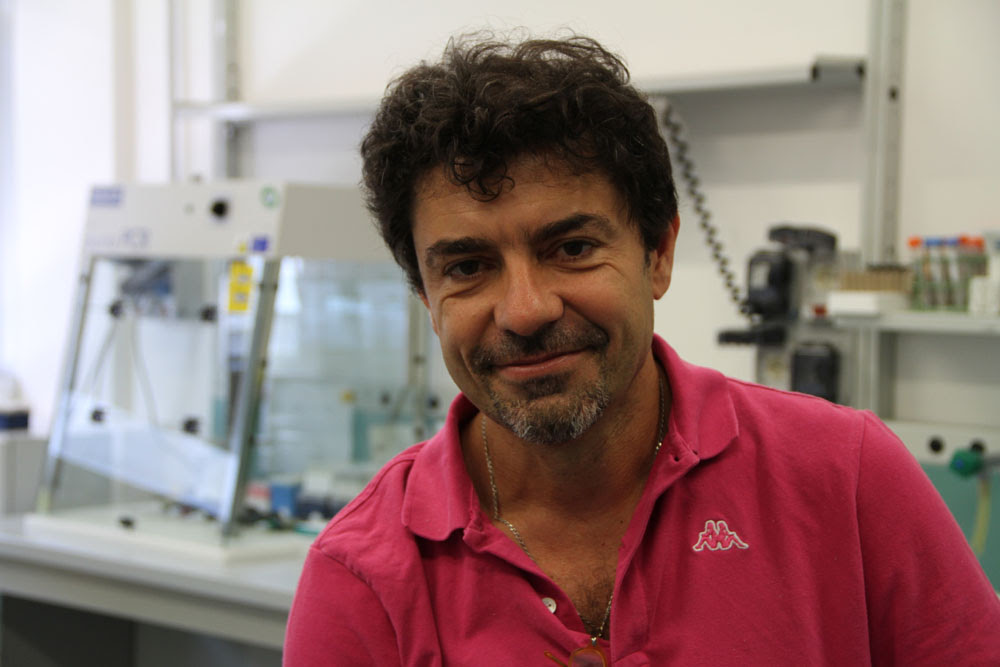

Maria Vittoria Mancini
PhD Student in One Health (Supervisor Prof. G. Favia).
She studyes the diverse aspects of the Bacterial Symbiotic Control of mosquito vectors. Her principal interest is the transition from the laboratory evidences of this strategy to the actual field application for the control of vector-borne diseases.
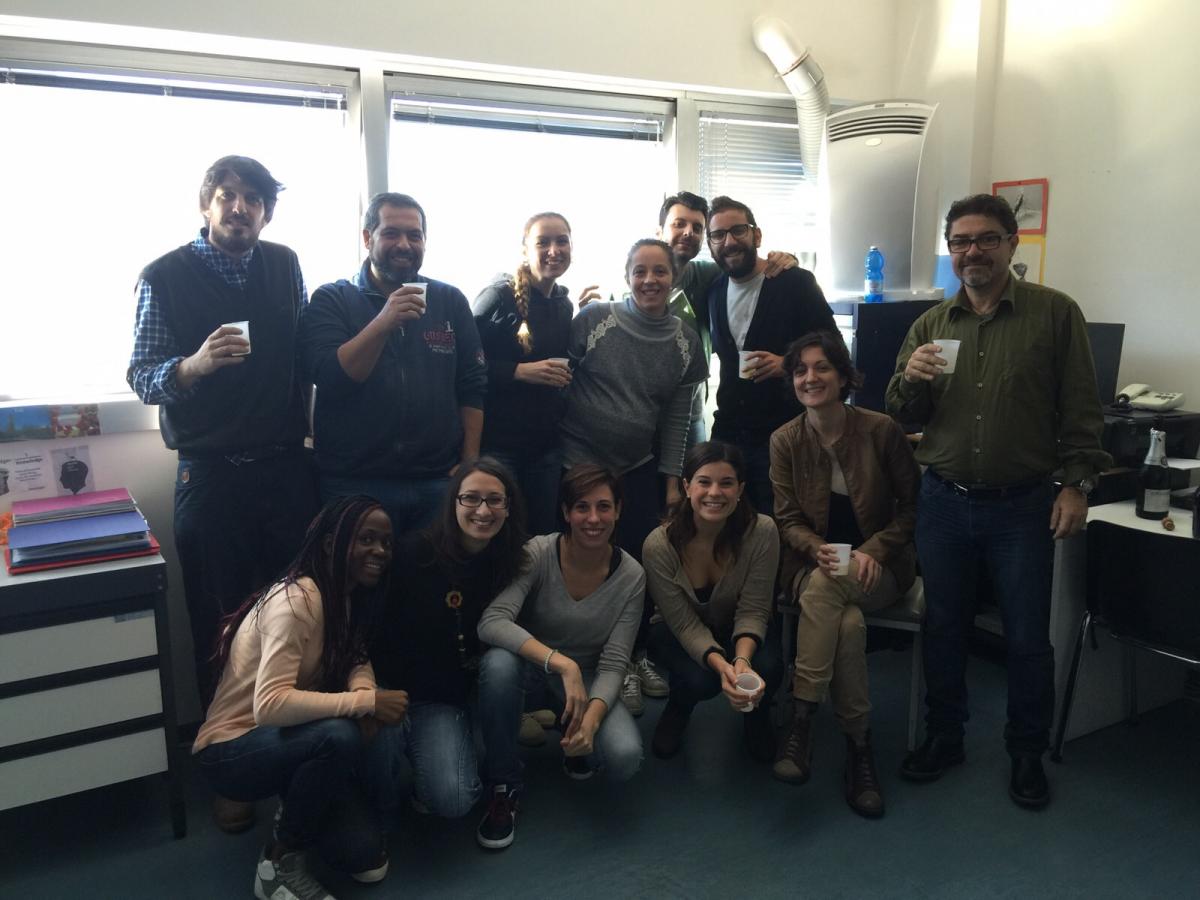
Marco Panniccià, Dario Pediconi, Jovana Bozic, Claudia Damiani, Aurelio Serrao, Matteo Valzano, Priscilla Mensah, Aida Capone, Alessia Cappelli, Maria Vittoria Mancini, Irene Ricci, Guido Favia.
Collaborators from other UNICAM Research Units

DR. Dezemona Petrelli
Research Assistant in Microbiology, she contributes to isolation, identification and characterization of bacterial symbionts of W. anomalus strains isolated from different sources (environment, mosquitoes, clinical samples).
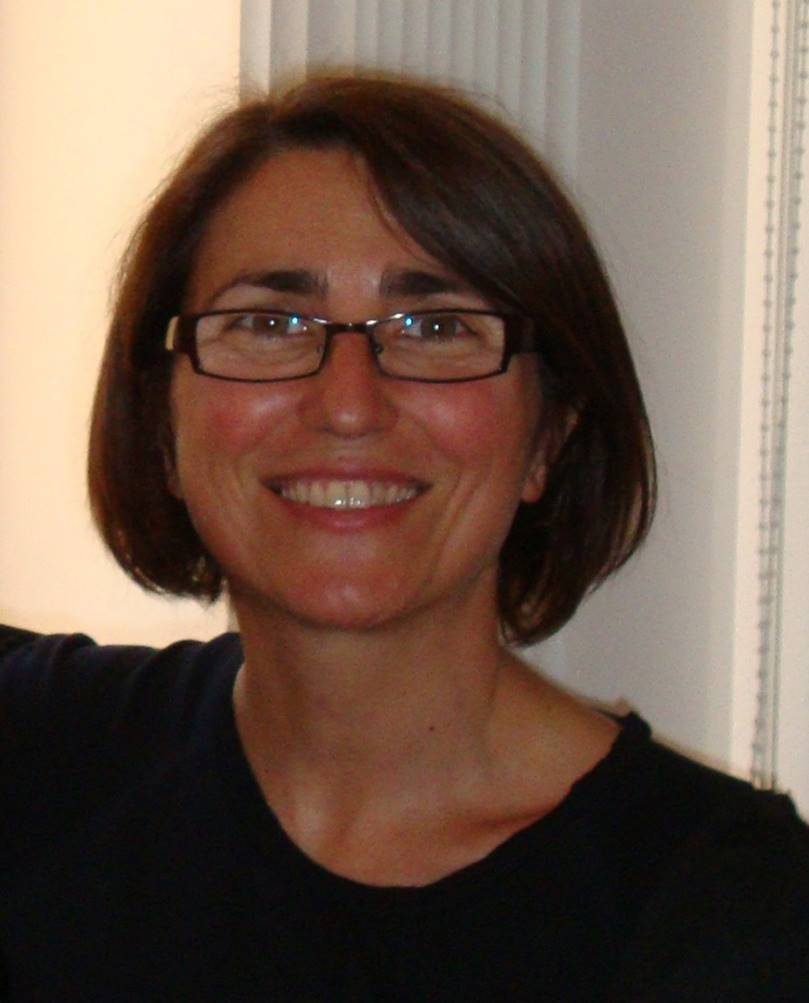
Prof. Anna Maria Euleri
Associate Professor of Biochemistry, she is involved in the biochemical characterization of the antimicrobial activity of W. anomalus.

Prof. Mauro Angeletti
Associate Professor of Biochemistry, he is involved in the structural study of yeast killer toxins.
Collaborators from other Universities

Dr. Davide Sassera
Researcher at University of Pavia, Italy and co-supervisor of the PhD student Leone De Marco. He collaborates in the bioinformatics study of W. anomalus.
Dr. Sara Epis and Elena Martin
Researcher and PhD student at University of Milan, Italy (on right and left in the picture, respectively). S. Epis is coordinator of a National FIR project on killer yeasts and killer peptides as experimental models for the control and the therapy of vector-borne diseases.

Simona De Simone
SymbioVec Project Manager.
Children are my delight and inspiration!
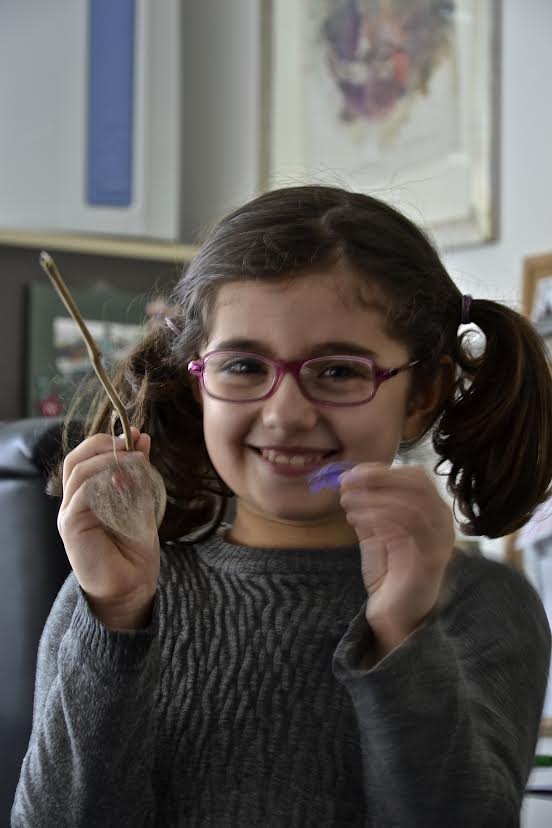
She is my doughter Elena doing extraordinary lab work 
